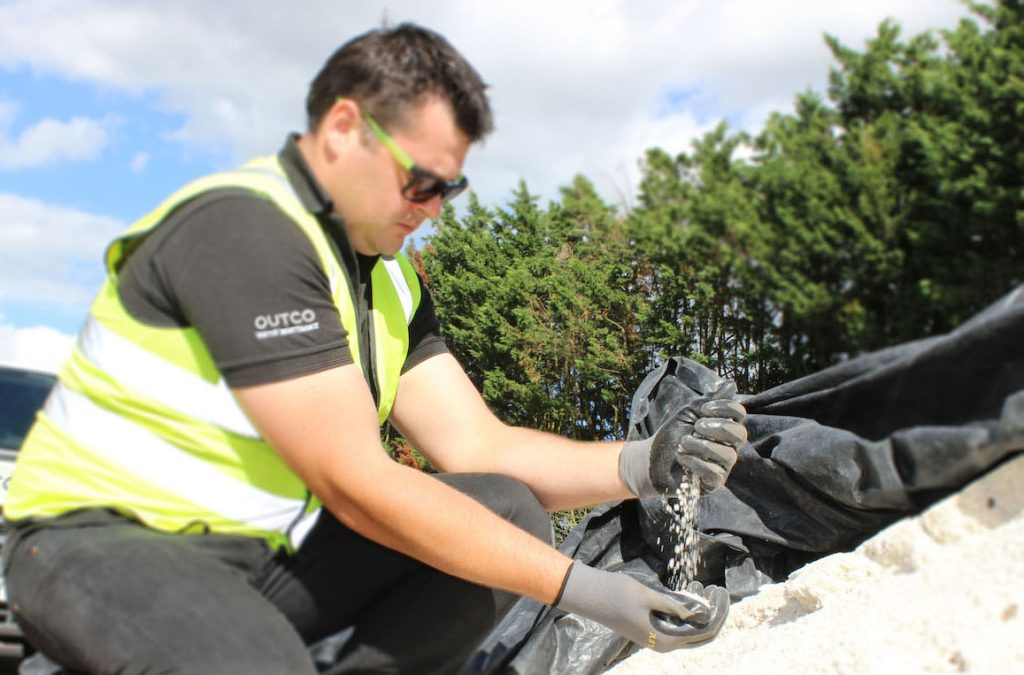The Winter Gritting Industry and Climate Change: What Can We Do?

Climate change and biodiversity loss are two of the most pressing environmental challenges facing humanity today. There are an enormous number of initiatives across all industries, and the gritting industry can also play its part.
Winter Gritting Frequently Asked Questions

Winter Gritting Frequently Asked Questions
More Rainfall? Climate Change Impact and Implications for Wilder Weather

OUTCO explores the increase in rainfall and precipitation across the UK, closely linked to climate change, including the consequences of these changes, with potential for wilder weather and, surprisingly, more snowfall
Why specialist weather forecasts might just keep you out of trouble

The world of specialist weather forecasting has undergone significant improvements in recent years. Access to powerful supercomputers that process millions of lines of code, in conjunction with data from actual weather stations and live-feed sensors have accelerated observational capabilities and numerical weather prediction (NWP) models to near pin-point accuracy for short range meso-scale (hyper-localised) forecasting
How de-icing salt works for effective winter gritting

De-icing salt works by lowering the freezing point of water. This is known as freezing point “depression”. When pure salt is mixed with water, it dissolves into separate sodium and chloride ions. These ions interfere with the formation of ice crystals, making it more difficult for water to freeze
What Is Winter Gritting?

Winter gritting is the process of spreading salt or grit on roads, car parks, footpaths and other surfaces to prevent ice from forming, or to melt existing ice and snow
Why The Jet Stream Is Responsible For The Sudden Cold Winter Weather

The UK has turned towards colder and wetter weather in the last 7 days largely due to a change in the position of the Jet Stream
Why Our Teams Have Just Completed An Advanced Winter Weather Forecasting Course

Our teams have just completed an advanced weather forecasting course. This is designed for experienced winter maintenance teams to better understand and be able to interpret our ever-changing weather patterns and complex forecasts, improving their winter gritting forecasting skills.
